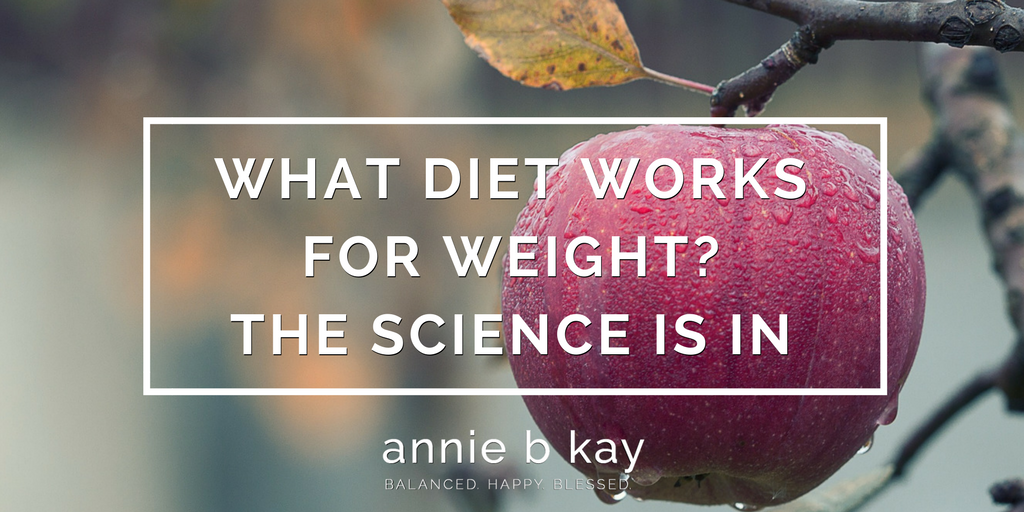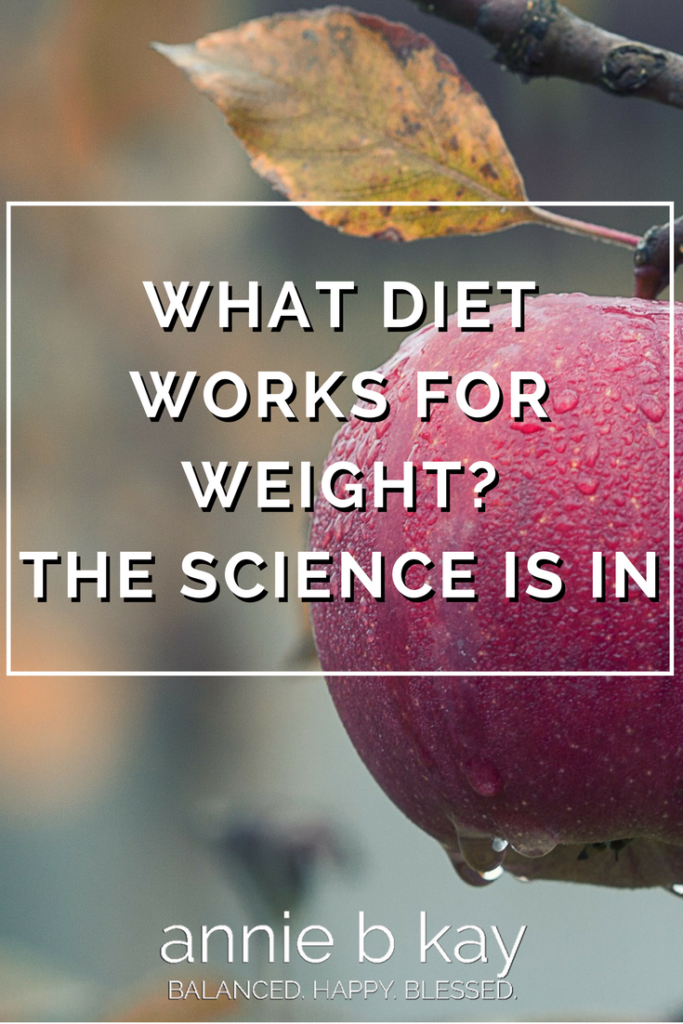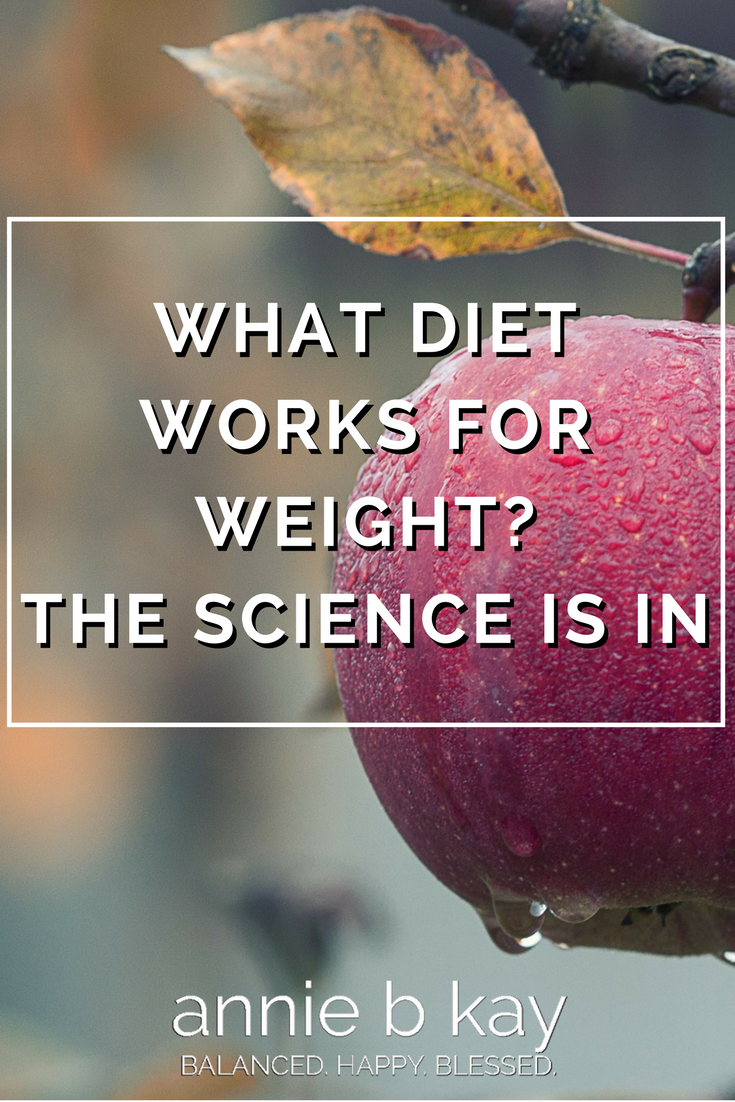
The science is in – it’s the diet you stick with, and the one that honors energy balance.
I’m reviewing the evidence on weight and yoga for the 3rd edition of my CE program, and I came across this info from the NIH Obesity Review Panel…interesting.
That’s where tools like mindfulness and meditation come in – they can help us to find our way to change a little more easily. These practices help us disconnect from the immediate urge to inhale delicious foods when our body doesn’t really need them, and to relax, pause, and make a more skillful choice. Really. It can happen. It’s a practice for sure, but it can happen.
The panel found that the following dietary approaches (listed in alphabetical order below) are associated with weight loss when a reduced dietary energy intake is achieved:
- A diet from the European Association for the Study of Diabetes (EASD) guidelines, which focuses on targeting food groups rather than formal, prescribed energy restriction while still achieving an energy deficit;
- Higher protein diet (25 percent of total calories from protein, 30 percent of total calories from fat, 45 percent of total calories from carbohydrate) with provision of foods that realized energy deficit;
- Higher protein Zone®-type diet (5 meals/day, each with 40 percent of total calories from carbohydrate, 30 percent of total calories from protein, 30 percent of total calories from fat) without a formal prescribed energy restriction diet but with realized energy deficit;
- Lacto-ovo vegetarian-style diet with prescribed energy restriction
- Low-calorie diet with prescribed energy restriction;
- Low-carbohydrate diet (initially less than 20 g/day carbohydrate) without formal prescribed energy restriction but with a realized energy deficit;
- Low-fat, vegan-style diet (10 to 25 percent of total calories from fat) without prescribed energy restriction but with realized energy deficit;
- Low-fat diet (20 percent of total calories from fat) without formal prescribed energy restriction but with realized energy deficit;
- Low-glycemic load diet either with formal prescribed energy restriction or without formal prescribed energy restriction but with realized energy deficit;
- Lower fat (≤30 percent fat), high-dairy (4 servings/day) diets with or without increased fiber and/or low-glycemic index/load foods (low-glycemic load) with prescribed energy restriction;
- Macronutrient-targeted diets (15 percent or 25 percent of total calories from protein; 20 percent or 40 percent of total calories from fat; 35 percent, 45 percent, 55 percent, or 65 percent of total calories from carbohydrate) with prescribed energy restriction;
- Mediterranean-style diet with prescribed energy restriction;
- Moderate-protein diet (12 percent of total calories from protein, 58 percent of total calories from carbohydrate, 30 percent of total calories from fat) with provision of foods that realized energy deficit;
- Diet of high-glycemic load or low-glycemic load meals with prescribed energy restriction; and
- The AHA Step 1 diet (with prescribed energy restriction of 1,500 to 1,800 kcal/day, <30 percent of total calories from fat, <10 percent of total calories from saturated fat). Strength of evidence: High
All these different approaches to weight management can work, if you pay attention energy balance. Everyone is different – something different works for each of us. I would say if you are looking of shift your diet and find a healthier weight, ponder the above list. What feels most satisfying to you?
Combine the approach above that is most satisfying with the emotional work of yoga & mindfulness and poof! That’s how we do it. We learn to eat a bit less, enjoy a bit more, and move, and manage stress.
When someone says theirs is the only way to weight loss, they are wrong. There are many paths to healthy weight. If you’re having trouble finding yours, stay connected with this blog and my work. I have lots of tools, resources and support to help you find your way.
You might work individually with me.
You might attend a workshop.
If you haven’t signed up for my newsletter yet, that’s a great place to start.
Be well and enjoy the holiday season.




